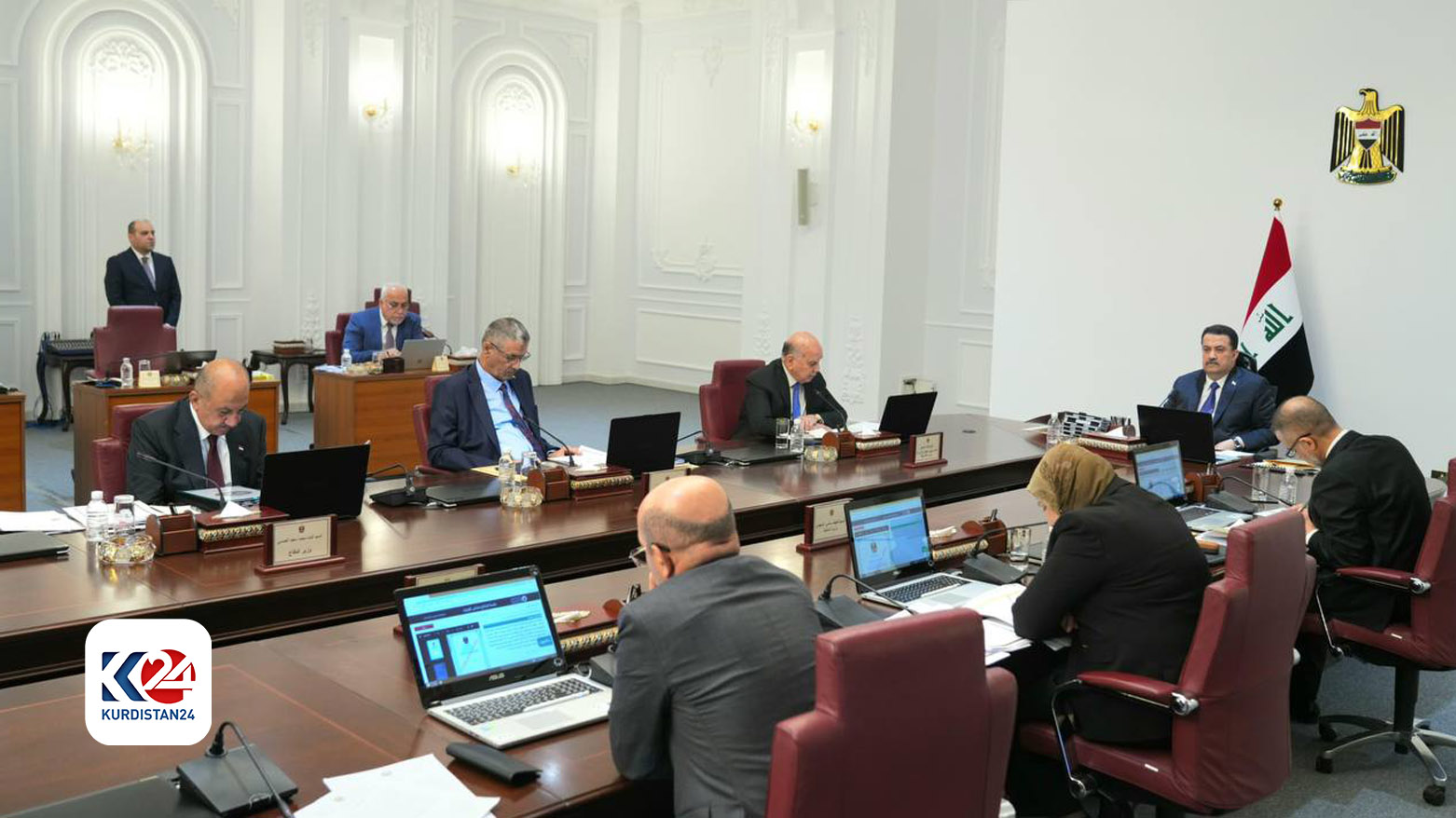Iraq's Council of Ministers to review Kurdistan Region's concerns over census
The KRG's primary concern centers on the demographic recording methodology for displaced Arab and Turkmen residents currently living in the Kurdistan Region or other Kurdish-populated areas.

ERBIL (Kurdistan24) — The Iraqi Council of Ministers, led by Prime Minister Mohammed Shia al-Sudani, is convening Tuesday, to address critical concerns raised by the Kurdistan Regional Government (KRG) regarding the upcoming national census, particularly focusing on Kurdish-populated areas and Kurdish territories outside the Kurdistan Region’s control.
Dr. Sirwan Mohammed, Undersecretary of the KRG's Ministry of Planning, told Kurdistan24, "One of the main agenda items for today's Council of Ministers meeting will specifically address the KRG's concerns regarding the census process in Kirkuk and other Kurdish territories outside the Kurdistan Region’s control."
The KRG's primary concern centers on the demographic recording methodology for displaced Arab and Turkmen residents currently living in the Kurdistan Region or other Kurdish-populated areas.
The regional government advocates that these residents should be registered in their original places of residence rather than their current locations to maintain accurate historical demographic patterns.
This meeting follows a significant high-level discussion held earlier this month between Iraqi Prime Minister al-Sudani, President Latif Rashid, Foreign Minister Fuad Hussein, and a KRG delegation.
According to the official statement released after that meeting, "Participants emphasized the importance of transparent census criteria. Ongoing preparations for the population census were discussed, along with various observations aimed at reaching a comprehensive understanding to overcome any potential obstacles to the process."
The national census is scheduled for Nov. 20, 2024, encompassing Iraq, the Kurdistan Region, and Kurdish territories outside the Kurdistan Region’s control.
Iraq's Ministry of Planning projects the country's population to reach approximately 51.5 million by 2030.
- According to the United Nations Population Fund, formerly the United Nations Fund for Population Activities, (UNFPA), the last comprehensive Population and Housing Census for Iraq was conducted in 1987, with a partial count in 1997 that excluded the Kurdistan Region.
- The census in Kurdish territories outside the Kurdistan Region control, particularly Kirkuk, has been a sensitive issue due to decades of demographic changes under previous regimes, including the former Ba'athist government's Arabization policies.
- This census holds particular significance as it will influence:
* Resource allocation and federal budget distribution
* Political representation in federal and local governments
* Resolution of territorial disputes under Article 140 of the Iraqi Constitution
* Service provision and development planning
The outcome of this census could have far-reaching implications for Iraq's political landscape and the relationship between Baghdad and Erbil, particularly regarding the status of disputed territories and resource allocation.